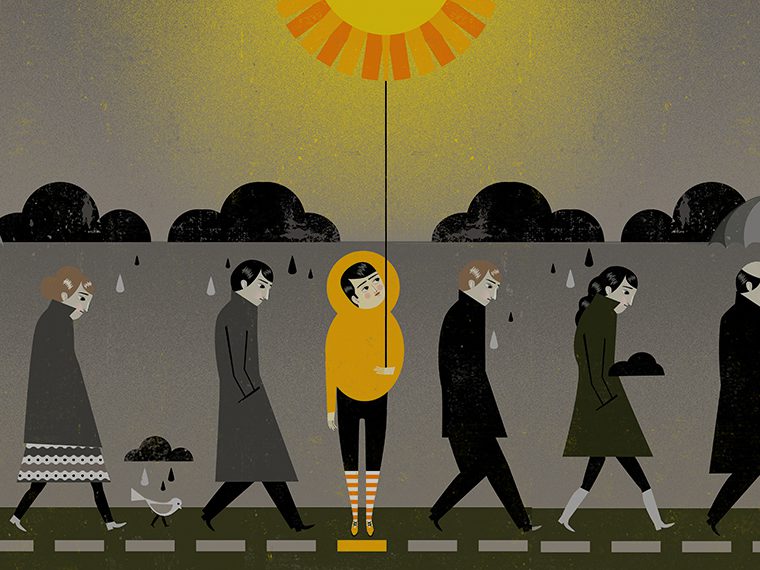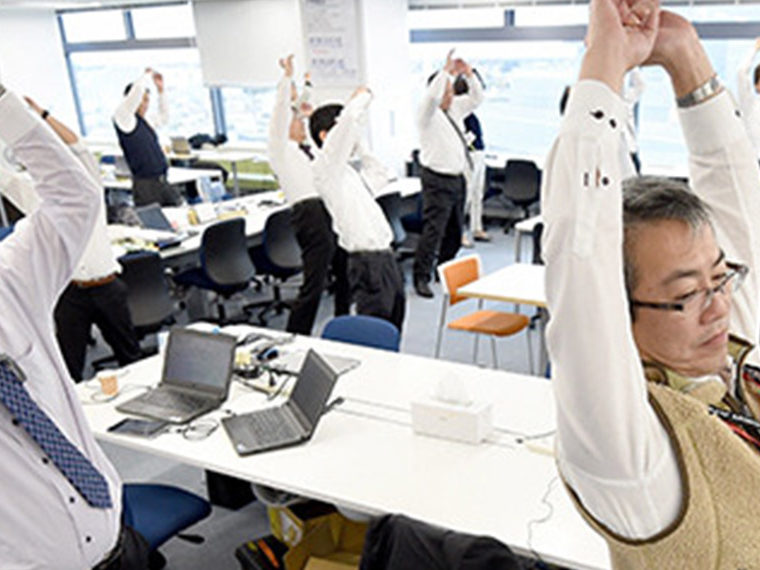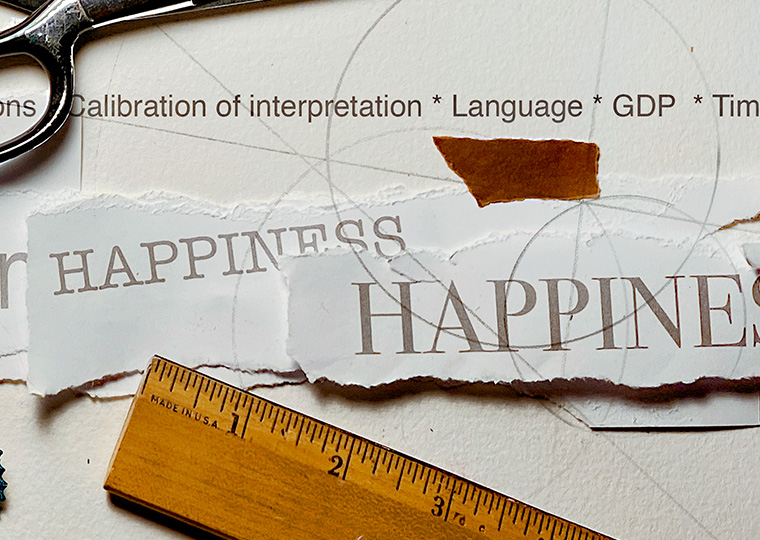We define happiness differently as we age
While we can all agree that happiness is a universally desirable state of being, research now explains that there is a decided split on what gets our happiness motor purring.
The young among us tend to need out-of-the-ordinary excitement to get happy. For older folk, happiness is more often found in peaceful, calm, everyday interactions. Which goes a long way toward explaining why a multigenerational family getaway can be fraught with mismatched expectations. Grandparents and parents can find happiness in just being together in Cabo. The kids might need parasailing or a cliff diving excursion to goose their happiness.
UCLA Anderson’s Cassie Mogilner Holmes teamed with Sepander Kamvar and Jennifer Aaker of Stanford in 2011 to pore over more than 12 million personal blogs, combing out the posts that included a mention of how someone was feeling. They sorted self-reported happiness into two buckets: excited happiness and peaceful happiness, and then analyzed by age (where they could ascertain the age of the blogger) the prevalence of happy/excited and happy/peaceful.
Opt In to the Review Monthly Email Update.
With a shorter runway ahead of them, older people are more focused on the here and now, and thus derive more pleasure from everyday occurrences that, on the whole, fall into the peaceful category. Interestingly, when the researchers ran experiments that pushed younger participants to focus more on the present, they, too, defined happiness in peaceful terms.
In related research Holmes and Dartmouth’s Amit Bhattacharjee further explored the impact age has on seeking out different types of experience.
In one of eight studies, the researchers found a correlation between a participant’s age and whether his or her most recent Facebook status update was reporting an ordinary or extraordinary experience. “Individuals with a more extensive future time perspective were more likely to report an extraordinary experience on Facebook, whereas those who perceived a more limited future were more likely to post an ordinary experience,” they wrote. Another part of the research quantified the fact that while younger people find extraordinary experiences far more self-defining than ordinary experiences, that distinction dissipates with age.
Featured Faculty
-
Cassie Mogilner Holmes
Professor of Marketing and Behavioral Decision Making; Donnalisa ’86 and Bill Barnum Endowed Term Chair in Management
About the Research
Mogilner, C., Kamva, S., & Aaker, J. (2011). The shifting meaning of happiness. Social Psychological and Personality Science, 2(4) 395–402. doi: 10.1177/1948550610393987
Mogilner, C., & Bhattacharjee, A. (2014). Happiness from ordinary and extraordinary experiences. Journal of Consumer Research, 41. doi: 10.1086/674724






